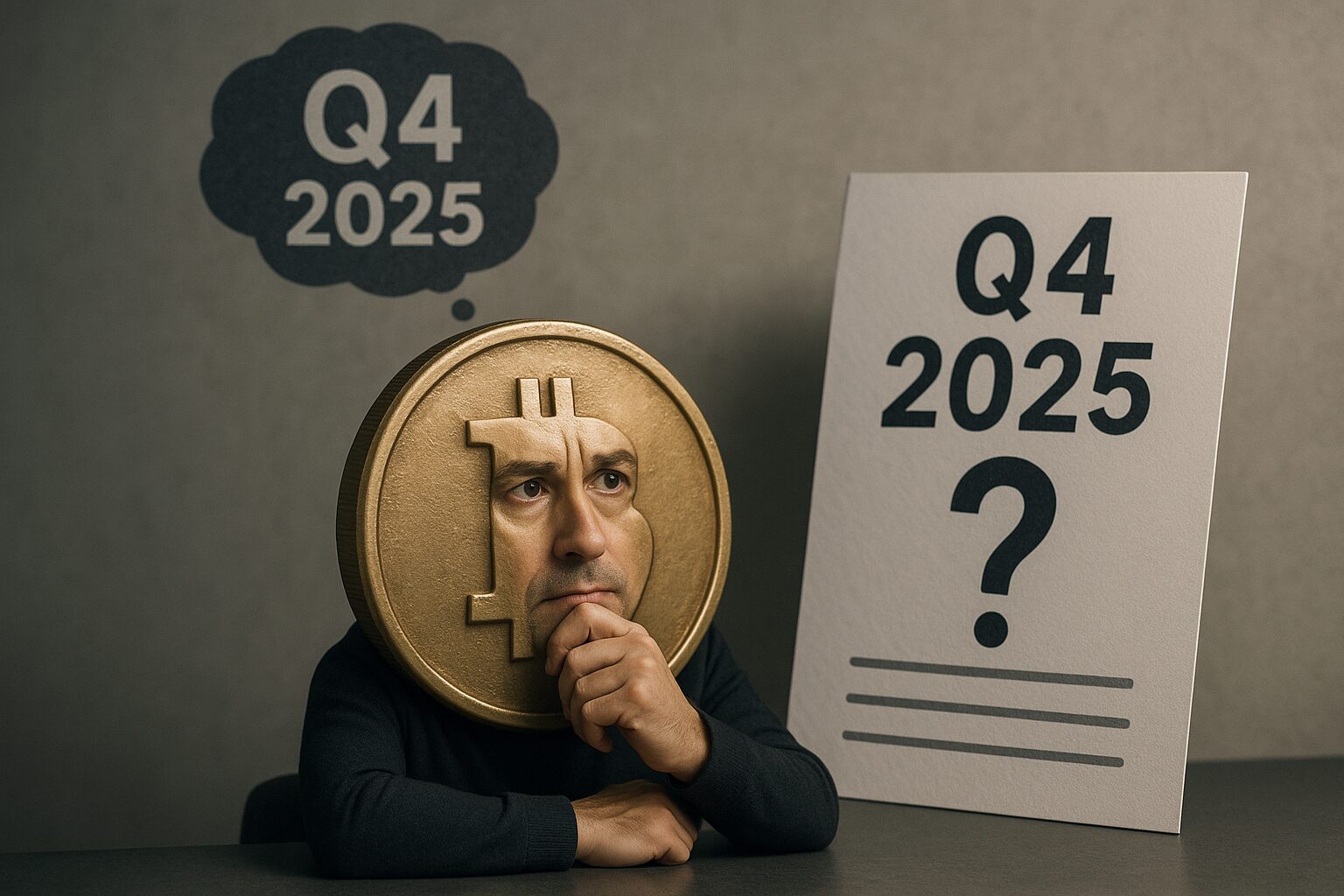On August 23, 2024, the Ethereum Foundation executed a notable transaction involving 35,000 ETH, amounting to approximately $96.9 million based on current ether rates. This significant move raised eyebrows within the crypto community, leading to discussions about the foundation’s transparency regarding its financial dealings. The transaction was made to a Kraken exchange deposit address, as reported by Arkham Intelligence. The details were highlighted on the platform X by Lookonchain, igniting a debate among users about the timing and nature of such transactions.
Ethereum Foundation Transfer Triggers Transparency Debate
One user expressed their concerns over the foundation’s financial disclosure practices, stating, “Financial disclosures or gtfo, Ethereum, seriously.” In response, Aya Miyaguchi, the foundation’s executive director, clarified that this transfer was part of routine “treasury management activities.” She explained that the foundation operates with an annual budget of approximately $100 million, primarily allocated to grants and salaries, with some recipients requiring payments in fiat currency.
Miyaguchi further elaborated:
“This year, there was a long period of time when we were advised not to do any treasury activities due to the regulatory complications, and we were not able to share the plan in advance. Also, this transaction is not equal to a sale. There will be planned and gradual sales from here on.”
Despite this clarification, not all community members were satisfied with the explanation. Gabriel Shapiro, a crypto attorney and co-founder of Metalex Labs, criticized the foundation’s spending, pointing out a lack of clear direction in maximizing the value of ether and the overall Ethereum network. He remarked, “Enough is enough—this mentality is the biggest constraint on growth of the crypto industry.”
Similarly, Marc Zeller, founder of the Aave-Chan Initiative, questioned the foundation’s expenditures, asking, “$100m/year for what?” He highlighted that the Geth team, which plays a critical role, receives inadequate compensation for their essential work.
As the Ethereum Foundation faces scrutiny over its financial practices, the tension between operational necessity and the demand for transparency continues to grow. While some view the foundation's actions as vital for its mission, others are left questioning whether its financial strategies align with the long-term health and stability of the Ethereum network.
What are your thoughts? Does the Ethereum Foundation's approach balance operational needs and transparency, or is there a pressing need for greater accountability in its financial decisions? Share your opinions below.





Comments
Join Our Community
Sign up to share your thoughts, engage with others, and become part of our growing community.
No comments yet
Be the first to share your thoughts and start the conversation!